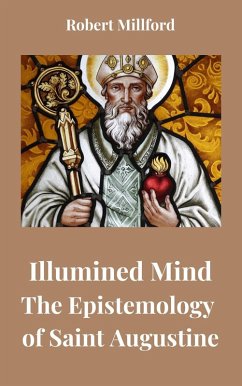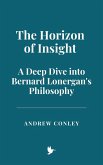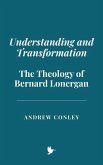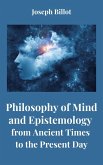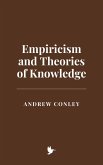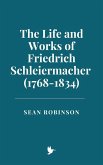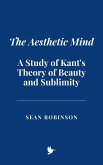Through an analysis of Augustine's key works, including Confessions, De Trinitate, and De Magistro, the book traces the development of his epistemology, focusing on his critique of sensory knowledge and his elevation of intellectual knowledge, which transcends the material world. Augustine's famous theory of divine illumination is presented as the cornerstone of his thought, where God is understood as the ultimate source of truth, and human reason is only capable of true knowledge when enlightened by God's grace.
The book also examines Augustine's lasting influence on medieval philosophy, particularly through figures like Anselm of Canterbury and Bonaventure, and his enduring legacy in modern and contemporary philosophy, including existentialist thinkers like Søren Kierkegaard and developments in phenomenology and the philosophy of mind. Augustine's profound integration of faith and reason offers a framework for understanding knowledge that continues to resonate in debates about the limits of human intellect, the nature of self-awareness, and the rationality of religious belief.
By engaging with Augustine's philosophical journey from skepticism to Christian faith, Illumined Mind presents a compelling study of how the search for truth is, at its core, both an intellectual and spiritual endeavor, ultimately leading to the knowledge of God through divine illumination.
Dieser Download kann aus rechtlichen Gründen nur mit Rechnungsadresse in A, B, CY, CZ, D, DK, EW, E, FIN, F, GR, H, IRL, I, LT, L, LR, M, NL, PL, P, R, S, SLO, SK ausgeliefert werden.

